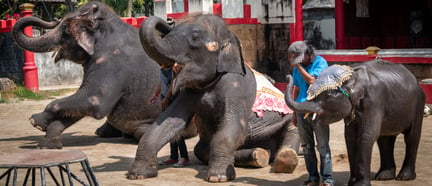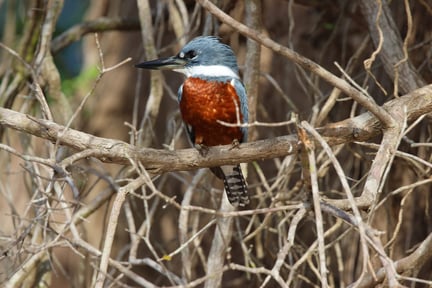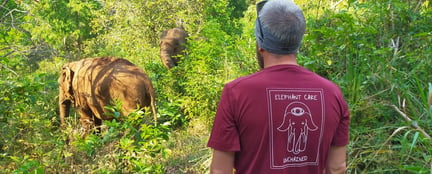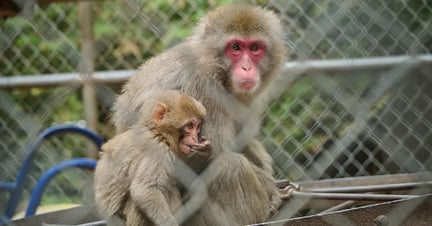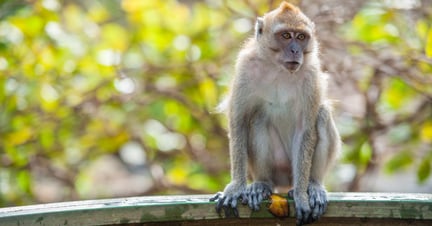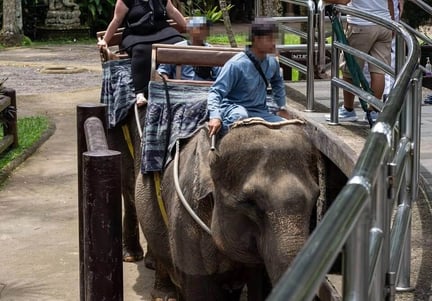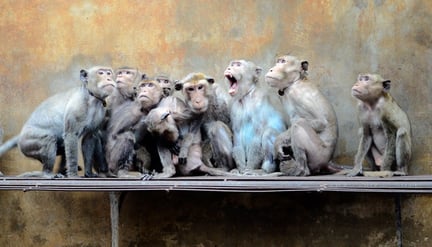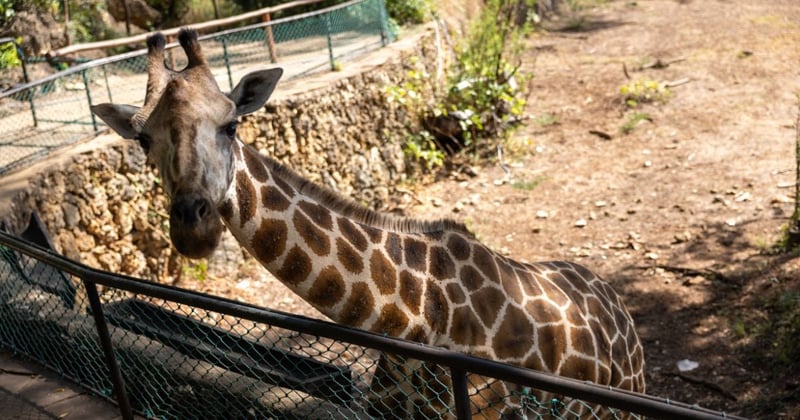
New Report Reveals Cruel Reality of Wildlife Farming in Kenya
News
The latest report from the World Animal Protection Africa office uncovers cruelty in Kenya’s wildlife farms, exposing animal suffering, health risks and threats to conservation.
A new investigation by World Animal Protection Africa has revealed the hidden suffering of wild animals exploited in commercial wildlife farming in Kenya.
The report, Behind Bars: Lifting the Lid off Kenya's Cruel Wildlife Farming, uncovers shocking cruelty, significant public health risks, and the potential damage to Kenya's global reputation as a leader in wildlife conservation.
Wild animals trapped for profit
The investigation is based on months of research and undercover fieldwork.
It documents how wild animals including crocodiles, giraffes, ostriches, tortoises, monkeys, and hippos are bred, confined, and exploited in captive facilities across Kenya under the guise of conservation and tourism.
Our findings confirm that wildlife farming in Kenya is not about conservation, but rather about profit at the expense of animal welfare.
This report sheds light on the suffering endured by farmed wild animals and the urgent need for policy change.
Today as we officially hand over the report to the Ministry of Wildlife and Tourism in Kenya, we urge them to take leadership in ending wildlife exploitation and setting a precedent for wildlife friendly policies in the region.
Key findings from the investigation
The research revealed:
- Animal suffering: All facilities investigated showed serious welfare concerns, including overcrowding, untreated injuries, parasite infestations, poor nutrition, and severe stress behaviours.
- Public health threats: Tourist venues that offered close contact with wild animals lacked basic hygiene measures such as handwashing, exposing visitors to the risk of zoonotic disease transmission.
- Conservation undermined: Instead of protecting wildlife, commercial farming was found to increase the demand for wild-caught animals, putting native species at further risk and contradicting claims of conservation.
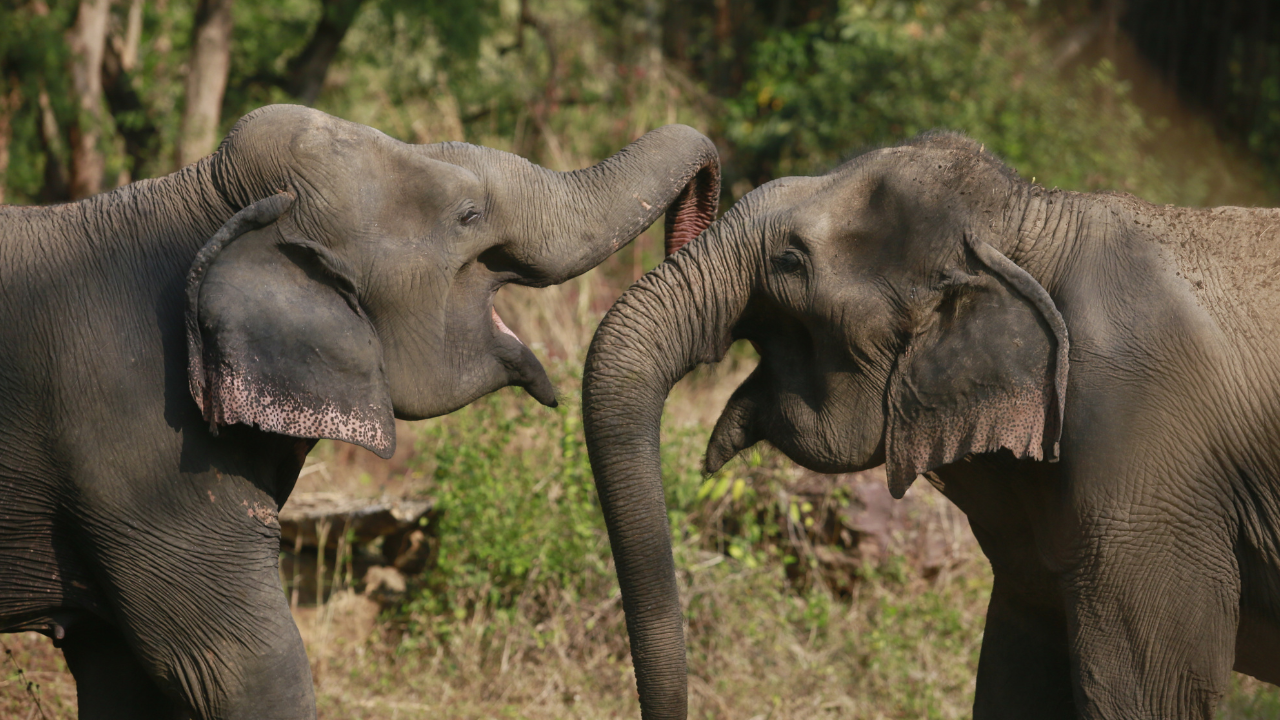
You can make a difference for vulnerable animals
Donate now
When you make a donation, you’ll join a passionate group of supporters who are determined to change the world for animals. We're fighting animal cruelty wherever we find it — are you with us?
Click to donateThe impact on biodiversity and conservation
Wildlife farming in Kenya fuels illegal trade and biodiversity loss.
Investigations found that some farms supplement captive populations with wild-caught animals, a practice that directly threatens wild populations and creates loopholes for traffickers to launder illegally obtained animals into legal markets.
This practice undermines global conservation frameworks such as CITES and threatens Kenya's standing as a country celebrated for its biodiversity and ethical conservation models.
Wildlife farming and the risk of zoonotic disease
Keeping wild animals in overcrowded and unsanitary captive conditions also presents a major risk to human health.
The COVID-19 pandemic exposed the dangers of exploiting wildlife, and Kenya must now take proactive measures to prevent future outbreaks by shutting down high-risk breeding facilities.
The close proximity of stressed animals and humans creates the perfect conditions for the spread of zoonotic diseases, which can have devastating consequences for communities and economies.
Exploitation through tourism
Many farms operate under the cover of tourism, offering visitors opportunities to touch, feed, or take photographs with captive wild animals.
These activities cause immense stress and suffering to the animals involved, while misleading tourists into believing they are supporting conservation.
In reality, true conservation is about protecting wild animals in their natural habitats, not keeping them behind bars for entertainment.
The ethical and economic case against wildlife farming
Kenya's tourism industry thrives on the opportunity to witness wild animals roaming free in their natural environments.
Wildlife farming contradicts this model and risks damaging Kenya's reputation as one of the world's leading destinations for ethical, nature-based tourism.
Commercial exploitation of wild animals not only undermines conservation principles but could also erode public trust and reduce the long-term economic value of Kenya's safari tourism sector, which provides thousands of livelihoods.
A call to action
World Animal Protection is urging the Kenyan government to act immediately by:
- Conducting a comprehensive national audit of wildlife farms and captive facilities, shutting down and prosecuting those that exploit animals.
- Rescuing and relocating animals to accredited sanctuaries where they can receive proper care.
- Enforcing a moratorium on the expansion of wildlife farming and phasing out existing farms.
- Supporting alternative livelihoods for communities currently involved in wildlife farming.
- Strengthening laws to prevent illegal trade and exploitation.
- Banning animal-visitor interactions that cause suffering and increase the risk of disease.
- Raising public awareness about the dangers of wildlife farming.
Protecting Kenya's wildlife future
The findings of Behind Bars: Lifting the Lid off Kenya's Cruel Wildlife Farming, confirm that wildlife farming is not a sustainable solution for Kenya or for any country.
It perpetuates cruelty, fuels biodiversity loss, and puts human health at risk.
Kenya has the opportunity to lead the way in rejecting the commodification of wild animals and adopting wildlife friendly policies that strengthen its reputation as a true conservation leader.
Related content
Protecting wildlife in travel & tourism
Wildlife
Would a real responsible traveller have captive wildlife entertainment on their wish list?
Biodiversity Loss: Causes, Effects & Solutions
Blog
What is biodiversity loss, and what causes it? We define biodiversity loss, explore its effects, and explain why the loss of biodiversity is a concern.
Wildlife Heritage Areas
Heritage Sites
A global programme recognising responsible wildlife-watching destinations that incorporate high standards of animal welfare and biodiversity conservation
